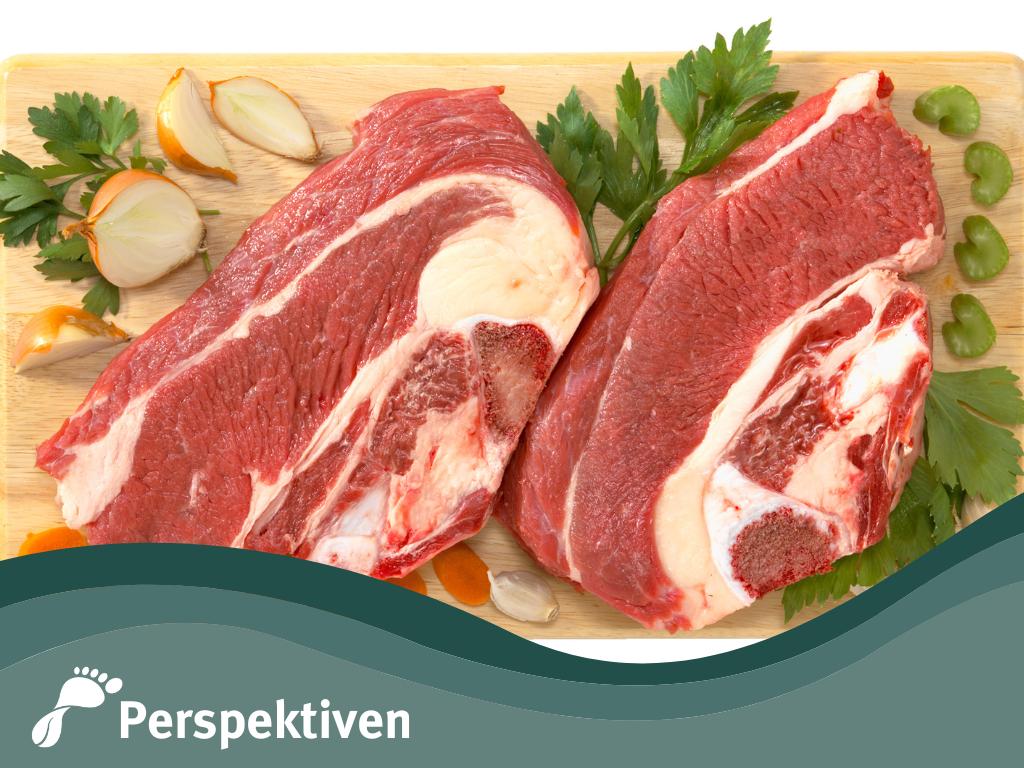Animal welfare on the festive table: meat

"Good" meat?
The average Austrian consumes 37.2 kg of pork alone per year - plus beef, chicken and turkey. In total, we consume around 60 kg per capita.
Where does it come from? How are the animals we eat doing and how can we behave when it is so difficult to give up completely?
Is organic labeling the solution?
"Anything under 'organic' is not at all debatable if species-appropriate husbandry is important to you," says Dagmar Gordon from the environmental protection organization Global 2000. The label only means that young animals are fed milk and older animals are only fed GMO-free organic feed. Preventative antibiotics and growth-promoting agents are not permitted in organic livestock farming.
As most of us buy our meat in the supermarket, there is no other way to find out what it is than by looking at the quality seal.
For example, you can assume that meat bearing the red-white-red seal of approval comes from Austria. "But you can also assume, in the case of pork for example, that the pig has been kept on fully slatted floors in a barn without any significant daylight - red, white, red alone doesn't mean anything," says Gordon.
We dedicate a separate article on food labeling to the topic of quality seals.
It should give you an overview of this very complex topic.
And in the restaurant?
It is particularly difficult here. With certified organic farms, you can be sure that at least only organic meat ends up on your plate.
Global 2000 is fighting for mandatory labeling. This is the only way for consumers to make informed purchasing decisions and avoid meat from poor production conditions.
Low price is always a bad sign
Price is a barometer in both retail and gastronomy. "If meat is extremely cheap, then it's not good. It wasn't good for the animals, and it wasn't good for the farmers either, because they made a very poor profit," says Gordon.
pro.earth conclusion:
💚 Meat can only be produced responsibly at a higher cost - that makes sense. If we stop buying it thoughtlessly and simply out of habit, and instead buy it less often with appreciation for the living being, it will not become more expensive overall.
💚 When buying meat, the best way would of course be to buy it directly from the farm, where the way the animals are kept is no secret. But it's quite clear that very few of us can do that.
💚 The solution for us is mindfulness in dealing with life - including that of another species.






